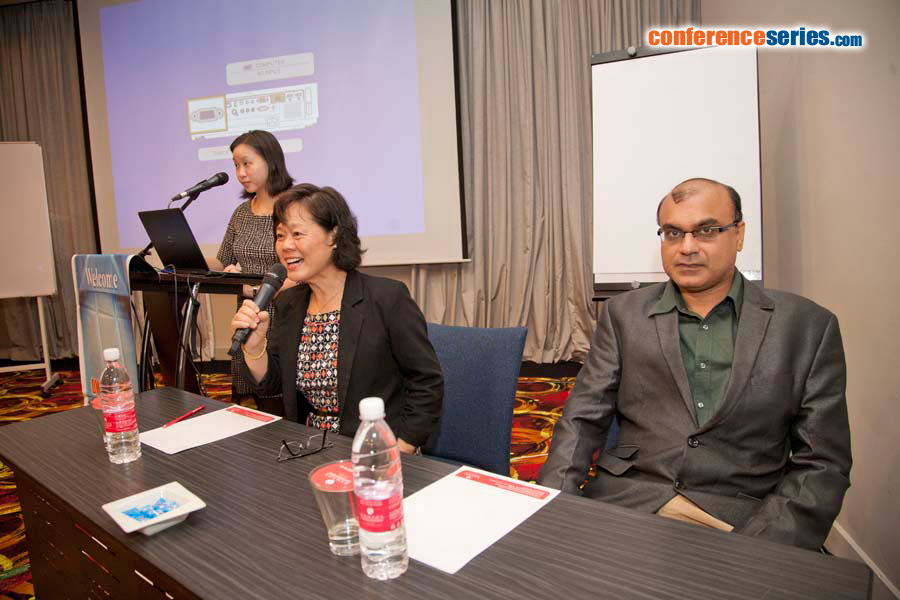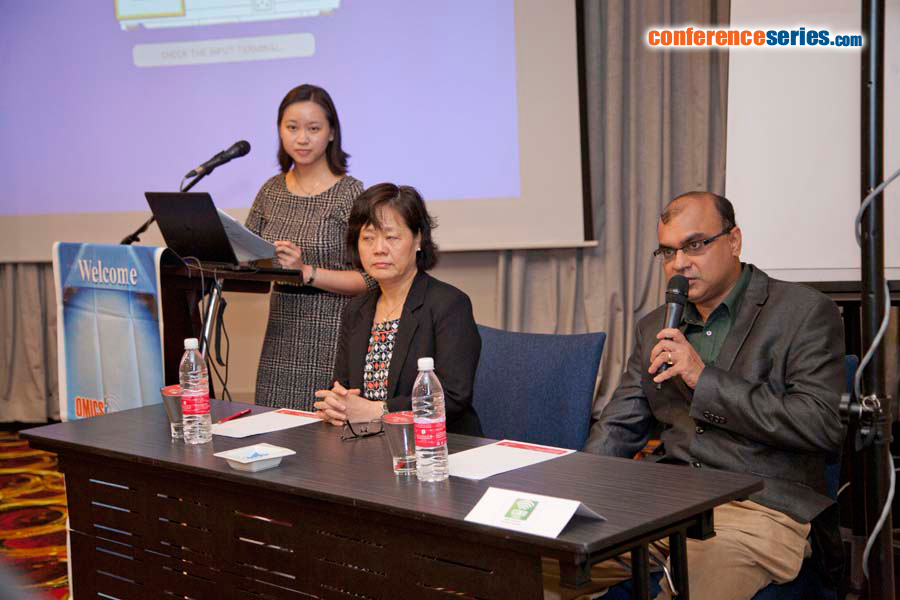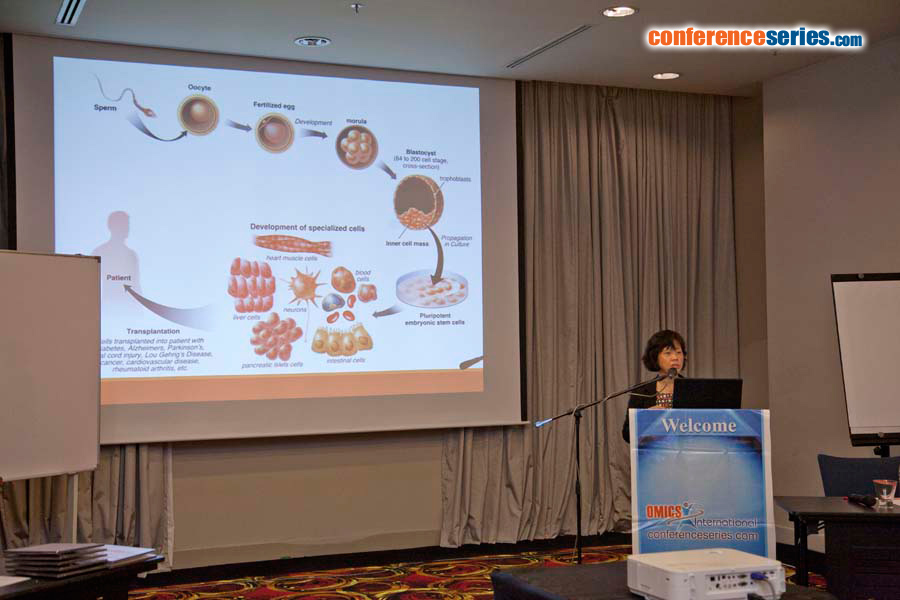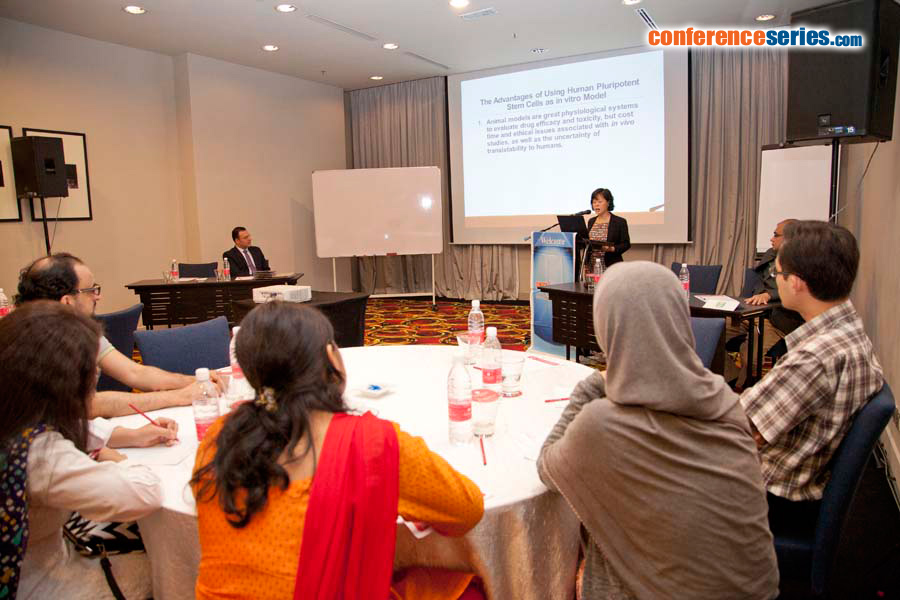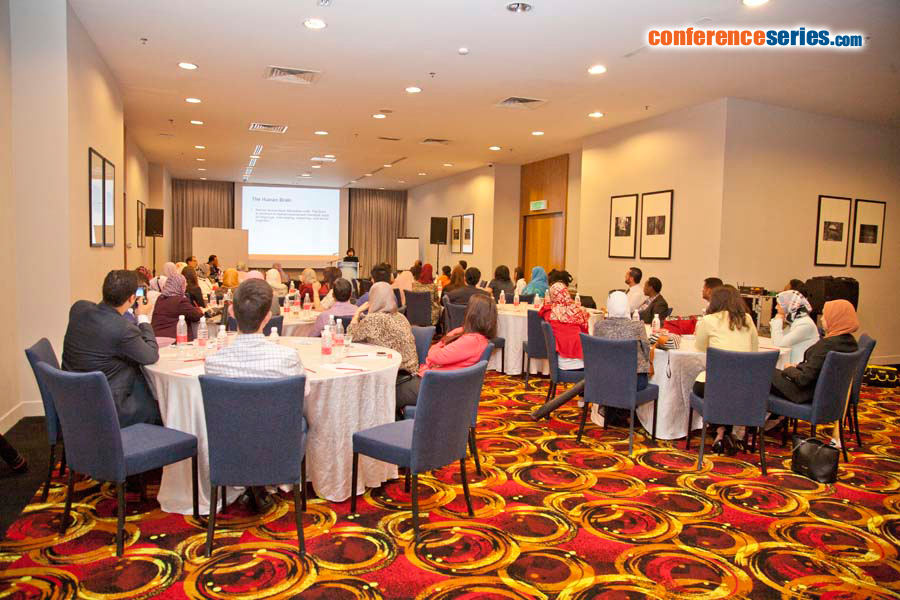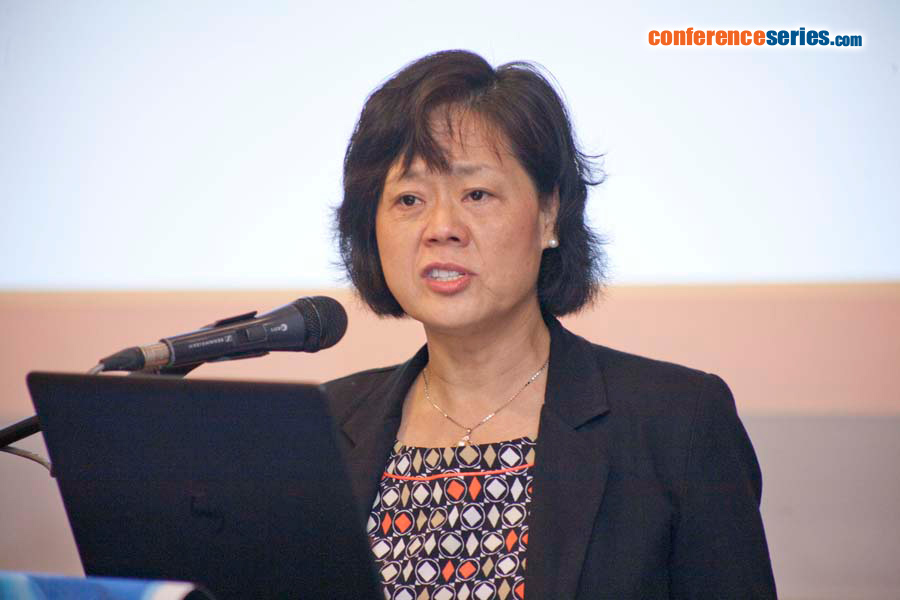
Yiling Hong
Western University of Health Sciences, USA
Title: Rapid generation of sub-type, region-specific neurons and neural networks from human pluripotent stem cells for neurological disorders
Biography
Biography: Yiling Hong
Abstract
Stem cell-based neuronal differentiation has provided a unique opportunity for regenerative medicine, disease modeling and drug discovery. Neurospheres are commonly used neuroprogenitors for neuronal differentiation, but their clumping in culture has always been a challenge for neurodifferentiation. Here, we report a novel defined culture conditions and method for generating sub-type or region-specific neurons from human embryonic and induced pluripotent stem cells without any genetic manipulation. Round and bright-edged neurospheres were generated in supplemented knockout serum replacement medium (SKSRM) under 10% CO2, which doubled the expression of NESTIN, PAX6 and FOXG1 genes compared to 5% CO2. Furthermore, an additional step (AdSTEP) was introduced to fragment the neurospheres and facilitate the formation of a monolayer neuroepithelial-type sheet and neural tube type rosette (NTTR) structure. The NTTR expressed higher level of PAX6, SOX2 and NESTIN genes compared to neuroectoderm-derived neuroprogenitors. Using these neuroprogenitors, different layers of cortical, pyramidal, GABAergic, glutamatergic, cholinergic neurons appeared within 27 days which is faster than traditional neurodifferentiation-protocols (42-60 days). With additional supplements, dopaminergic and purkinje neurons were also able to generate around 45 day too. Furthermore, our in vivo results indicated that fragmented neurospheres facilitated significantly better neurogenesis in severe combined immunodeficiency (SCID) mouse brains compared to the non-fragmented neurospheres. Therefore, this neurosphere-based neurodifferentiation protocol is a valuable tool for studies of neurodifferentiation, neuronal transplantation and high throughput screening assays.

